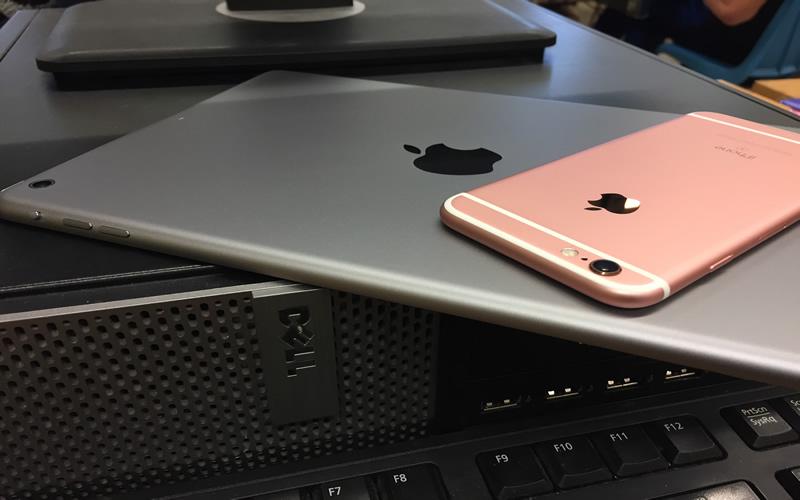The world’s population is increasing, and technology is making its mark. Advances from technology are enabling tasks to be complete in less time than before. But these advances, are now changing people’s interactions.
The use of a cellphone has grown from just making calls to now doing practically everything. Phones are getting thinner, yet bigger at the same time. Tablets and computers are becoming faster and fancier at the same time. People from all around the world are communicating over “Social Networking” and “Social Media.”
An average person spends at least 90 minutes a day on their phone. That might not seem a lot, but it calculates to about 3.9 years of a person’s life. In a Health Risks of Using Cell Phones article put out by South University in 2013, “86 out of every 100 people worldwide” have mobile phone subscriptions.”
Social media also plays a big role in the promotion of technology. The use of snap-chat, twitter, Instagram, etc. are the many reasons why people spend to much time on technology.
A teen, Shivani Patel was asked if they’ve noticed how long they’re using they’re phone for. She replied, “No, I could use my phone for hours and never double think, social media is so interesting.”Ones life has completely changed from social media.
One’s way of communication has now changed from video-calling than meeting with a person face to face. People rather have conversations over text rather than call. Teens message each other over Facebook and Instagram to keep in contact. But are we becoming less social with this social media push?
On the downside, the use of social media in one’s life is said to be addicting. As a device vibrates or buzzes, the mind automatically has the mindset of opening the notification. According to the Pewter Research Center’s Mobile Technology Fact Sheet, “67% of cell owners find themselves checking their phone for messages, alerts, or calls — even when they don’t notice their phone ringing or vibrating.” This new phone addiction is a real issue for some people and requires therapy and help.
Social media changes the way the brain functions. It causes people to compare their life with one another. It may change a person’s personality to form into someone’s who they might want to be like.
Social media is one of the causes of cyber bullying. Cyber bullying is growing at the same rate of cell phones. It gives people the opportunity to make themselves feel better by hurting others. Social media has also grown to extent limits. Peer influence is something that has also grown off of social media. Peer pressure is more common with students than with adults. As teens see others being active on social media they feel that they should also be doing it too.
Social media is one of the reasons why grades are dropping; it is a distraction in education. Picking up the cellphone, or opening up the app as soon as you see a notification is something that is pulling students away from their studies. As a result, they’r not able to concentrate in class, nor at home. Focusing on what text or snap chat is received, throws students back from learning the lesson, and results in clueless teens at home and school Through another interview a parent was asked, “Do you think your child would do better if he/she didn’t have social media?” As the parent Malav Patel replied, “My child is doing very well in school, but if she didn’t have social media she would do better because she would not be as distracted.”
Technology is overused in today’s society. Try to reduce the use of technology and simply talk to people face to face.












